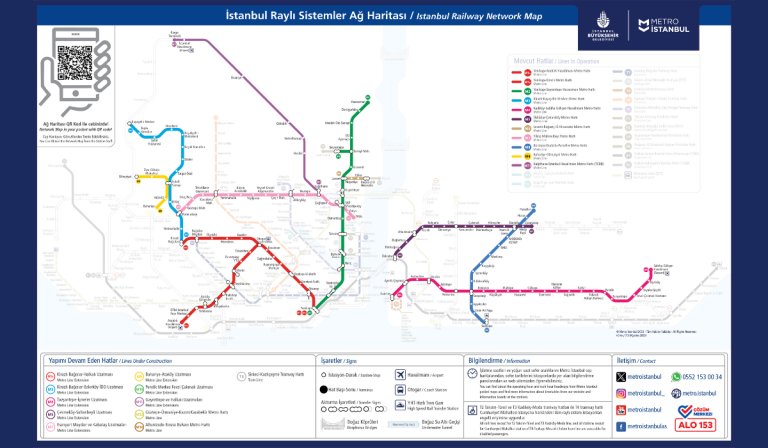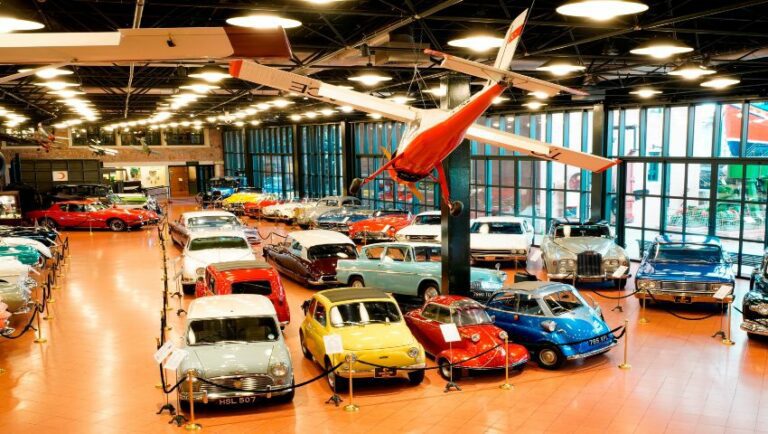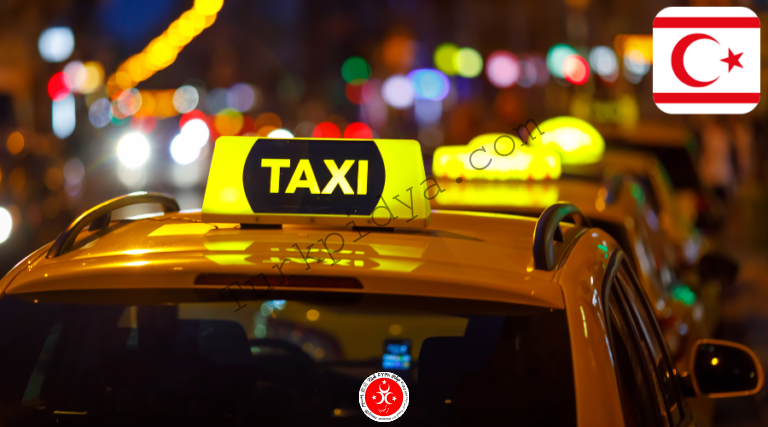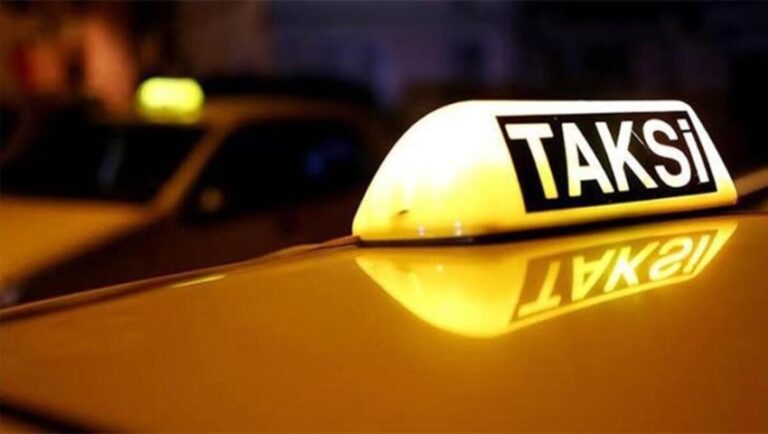Grocery Shopping in Turkey: 2026 Insider Guide to Prices & Supermarkets
Table of Contents
Forget everything you’ve heard about “dirt cheap” Turkeyat least if you’re shopping blind. Anyone walking through the aisles of a Turkish supermarket in late 2025 experiences two things simultaneously: an incredible variety of fresh produce and price tags that change faster than the weather on the Bosphorus.
The reality is: life here has become more expensive. But don’t panic. With the right strategy, it is still possible to live fantastically and affordably. We will navigate you through the labyrinth of discount stores, gourmet temples, and farmers markets based on the real numbers from December 2025.
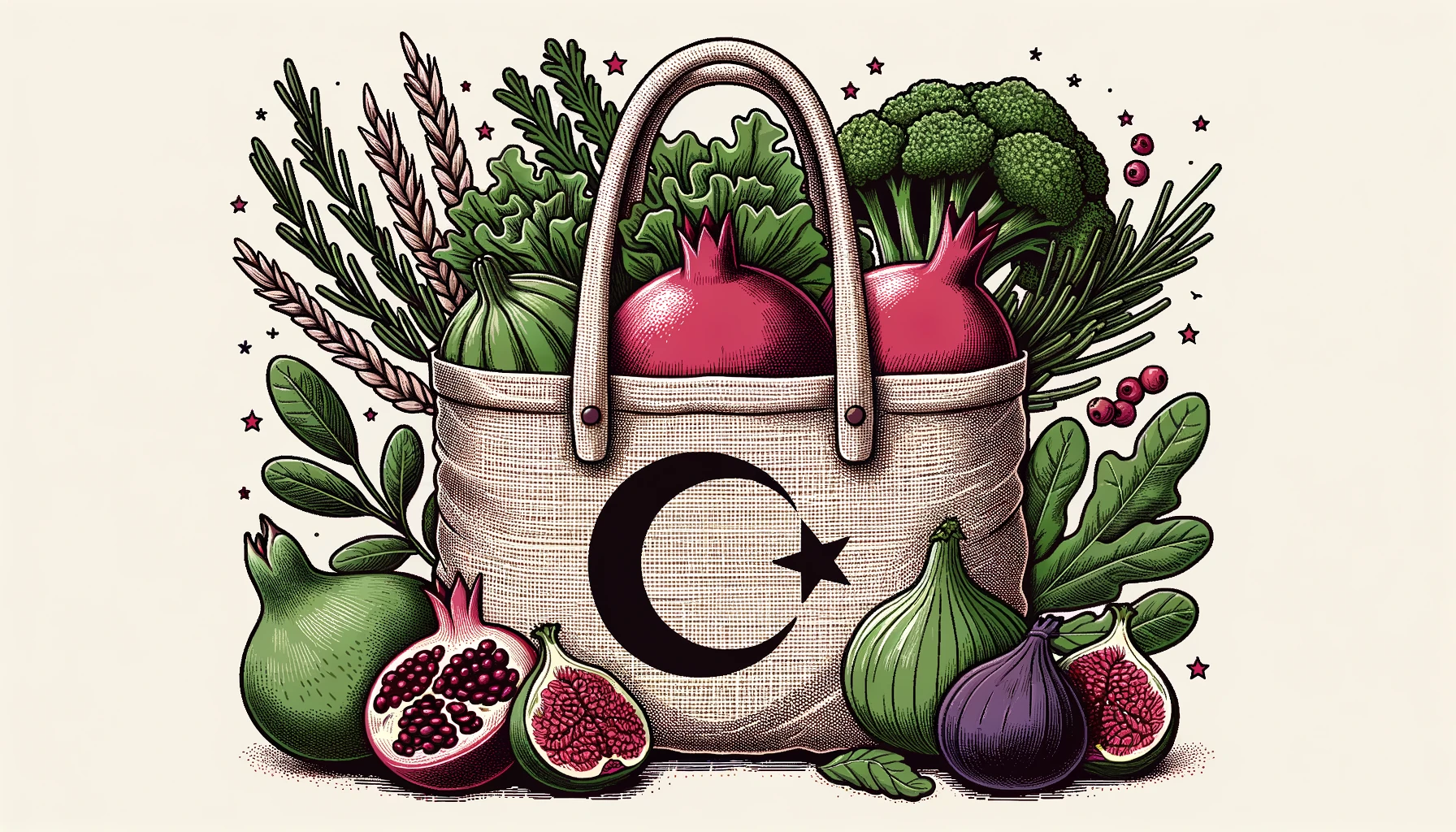
The Discount Trinity: Your Strategy Against Inflation
In the UK or Germany, you have Aldi and Lidl. In Turkey, you have the “Big Three”: BİM, A101, and Şok. These stores are no longer just an option; they are a necessity. With over 13,000 branches of A101 alone (as of late 2025), there is practically one of these lifesavers on every second street corner.
BİM: The Minimalist
BİM is the rock in the storm. No flashy advertising, no unnecessary decoration, just rock bottom prices. The assortment is limited to about 850 items, which speeds up decision making. Their private labels like Dost (dairy products) are often on par with big name brands in terms of quality but cost 20-30% less.
Insider Tip: The “Süzme Yoğurt” (strained yogurt) from BİM is legendary. It is so thick that it almost passes for cream cheese, and it costs a fraction of what you’d pay for imported brands.
A101: The Omnipresent
With its bright blue logo, A101 is impossible to miss. They carry slightly more brand name products than BİM and are often the first stop for non food promotional itemsranging from cheap electronics to camping chairs. But be warned: the aisles are often narrow and cluttered. This is about efficiency, not atmosphere.

Şok: The Fresh Specialist
Şok belongs to the Yıldız Holding (the same people who own Godiva). You can often tell by the selection: they have solid relationships with suppliers and frequently offer better fruit and vegetables than the other discounters. Their private label Mis for dairy products is a staple in every Turkish household.
Migros & CarrefourSA: When You Need More Than the Basics
Sometimes the discounter just isn’t enough. If you’re looking for imported sauces, specific cheese varieties, or a huge selection of cosmetics, Migros and CarrefourSA are your destinations.
Migros is an institution in Turkey. The system is simple:
- Migros Jet: Small, for quick shopping trips.
- M, MM, MMM Migros: The more M’s, the larger the selection.
- 5M Migros: Massive hypermarkets where you can get everything from a television to fresh fish.
Important: Get the Money Card immediately (or download the app). Without it, you will often pay 20-30% more, as many discounts (“İndirim”) are exclusive to cardholders. In December 2025, for example, there were “Buy 2, Pay for 1” promotions on pastries and massive bonus points for bulk purchases.
Macrocenter: The Expensive Taste of Home
Are you homesick? Do you miss real peanut butter, Sriracha sauce, or Cheddar that actually tastes like Cheddar? Then go to Macrocenter. It is essentially the “Whole Foods” of Turkey.
But be warned: your wallet will weep. Imported goods are heavily taxed. A jar of Nutella or imported cereals can quickly cost three times the normal price here. Use Macrocenter as a targeted luxury for specific spirits or unique Turkish cheese types you can’t find elsewhere, not for your weekly grocery haul.
The Pazar: Better (and Cheaper) Than Any Supermarket
If you really want to live and save like a local, you must go to the weekly market, the “Pazar.” Here, the vegetables are fresher, the fruit is sweeter, and the price is often half of what you’d find in the supermarket.
Prepare yourself for a sensory experience. Sellers shout prices (“Gel vatandaş gel!”), it is loud, crowded, and delightfully chaotic. But this is where you get tomatoes that still taste like sunshine for pocket change. While haggling is uncommon for food, it is certainly doable for textiles at the Pazar.
Pro Tip for 2026: Go towards the evening (shortly before they pack up). The vendors don’t want to haul their goods back and often slash prices dramatically (“Akşam pazarı”).
The Price Check December 2025: What Does Life Really Cost?
Forget outdated blog articles telling you that you could eat for 2,000 TL a month. Those days are long gone. Here are the hard facts, based on current market prices from late 2025 (at an exchange rate of approx. 1 USD = 43.08 TL in January 2026):
| Product | Price (approx.) | Note |
|---|---|---|
| 1 Liter Milk | 27.00-31.50 TL | BİM/A101 own brands are cheaper |
| Bread (500g) | approx. 37.50 TL | Standard “Halk Ekmek” is cheaper |
| Dana Kıyma (Minced Beef, 1kg) | 630.00 TL | Massive price hike in 2025 |
| Chicken Breast (1kg) | 200.00-285.00 TL | Highly dependent on brand (Banvit etc.) |
| Eggs (15 Pack) | 65.00-80.00 TL | Size L |
| Plastic Bag | 1.00 TL | Mandatory nationwide price as of January 1, 2026 |
The Reality: According to current data from the TÜRK İŞ union, the pure food cost (“hunger limit”) for a single person is now over 7,100 TL per month. If you want to eat meat occasionally, buy brand name products, or go out, you should budget closer to 10,000-12,000 TL just for groceries.
Payments & Logistics: The Tech Traps
Credit Cards & Apple Pay
You can pay with a card almost everywhere in supermarkets. But be careful: Apple Pay and Google Pay are still not officially supported by Turkish banks.
What does this mean for you? If you have a foreign card in your Apple Wallet, the NFC terminals usually work without issues. However, you cannot add Turkish bank cards to your wallet. So don’t rely solely on your phonealways have a physical card or cash (“Nakit”) with you, especially at the Pazar or in a taxi. (This is a common tech hurdle, similar to the nuances of buying an iPhone from Turkey).
Online Orders
Online grocery shopping is extremely advanced in Turkey. Apps like Getir, Yemeksepeti Market, and Migros Sanal Market often deliver in minutes. To use these smoothly, you’ll need a reliable data connectioncheck our Vodafone Turkey guide to stay connected. The problem for expats: Many of these apps accept foreign credit cards only reluctantly or not at all (3D Secure issues). As soon as you have a residence permit (Ikamet), open a local bank account to make your life easier.
Conclusion: Adaptation is Everything
Shopping in Turkey requires a new mindset in late 2025. Anyone trying to copy their Western lifestyle 1:1 (lots of imported goods, lots of red meat) will be shocked at how quickly the money vanishes. But those who adaptbuying seasonal vegetables from the Pazar, getting staples at BİM, and cooking chicken instead of beefcan still enjoy the legendary Turkish cuisine without going bankrupt.
Afiyet olsun!



